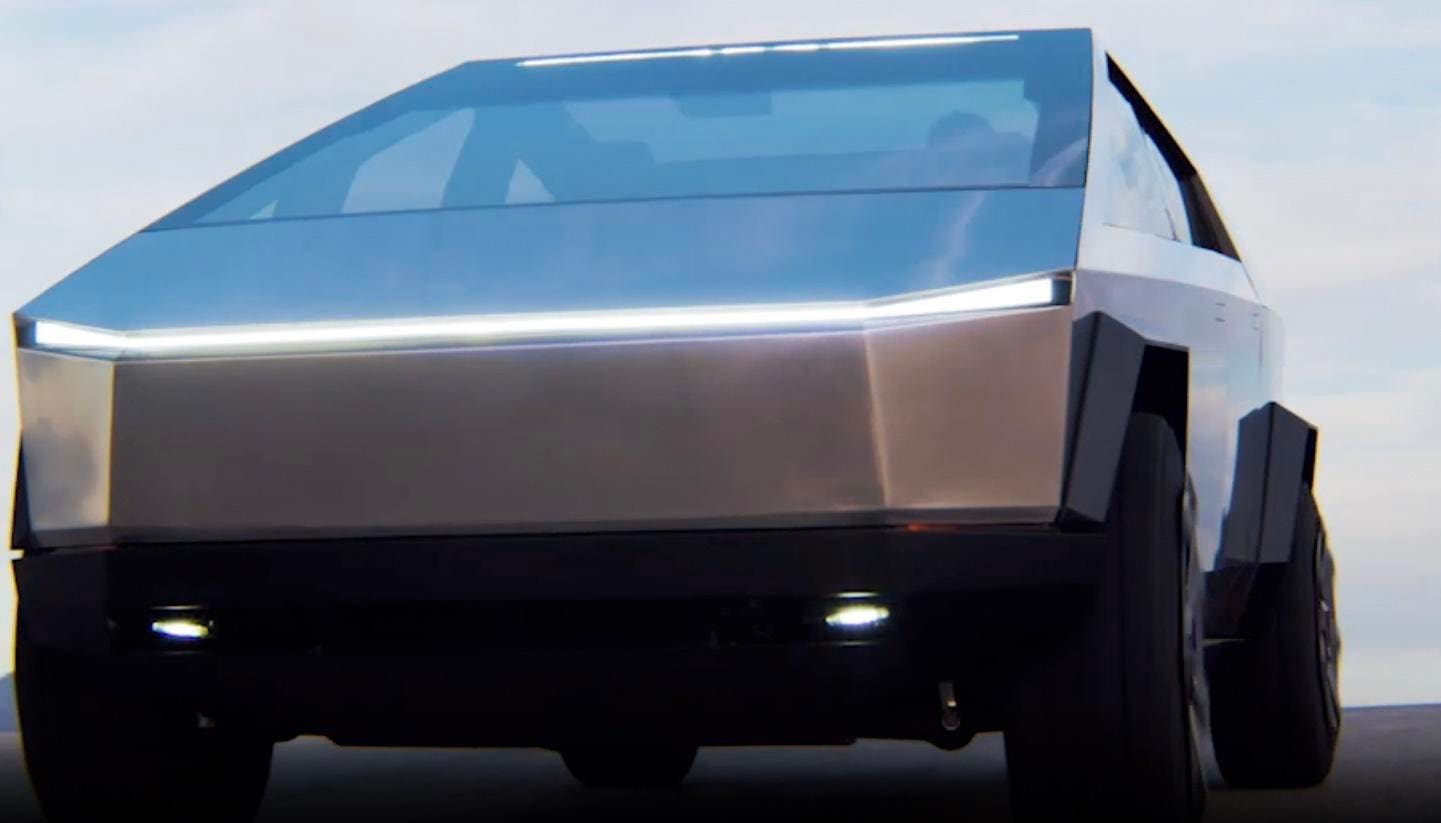EV demand is weakening — that’s the media theme for Q4.
But are people really not buying EVs now, as some media outlets say?
Cox Automotive paints another picture. EV sales “set another record in Q3,” said Cox, which owns Kelley Blue Book, earlier this month.
“Total sales of battery-powered vehicles jumped past 300,000 for the first time in the U.S. market,” Cox said.
EV sales in the U.S. through September reached just over 873,000, putting the market on track to “surpass 1 million for the first time ever. The milestone will likely be achieved in November,” Cox said.
Those are pretty upbeat statements.
Here are a few EV year-to year sales stats for the third quarter from Cox:
- Nissan: up 376%
- Mercedes-Benz: up 284%
- BMW: up 200%
- Rivian: up 126%
- Tesla: up 19.5%
Tesla dwarfed all other EV makers with 156,621 units sold in the third quarter.
Rivian saw a steady rise in sales, with 15,564 units sold in the quarter.
J.D. Power also likes what it sees. “EV retail share reached an all-time high of 9.0% in September, up from 6.8% a year ago,” Elizabeth Krear, vice president, electric vehicle practice at J.D. Power, said in a statement.
Problem: Profits
No matter how much growth an automaker has, it has to make money. Pretty much every legacy carmaker from Mercedes-Benz (which calls the market “brutal”), to General Motors to Ford are not making money on EVs.
GM — which has been selling EVs for 12 years and should have figured out how to make money a long time ago — is still struggling. (Make that 27 years, if you count the EV1.) GM’s immediate problem is that it has gotten overzealous with EVs. So it is now pulling back.
GM is “taking immediate steps to enhance the profitability of our EV portfolio,” said CEO Mary Barra in an October 24 third-quarter earnings call. “These steps include moderating the pace of our EV acceleration in 2024 and 2025 to maintain strong pricing,” she said.
And GM is “moving out” launches of the Chevrolet Equinox EV, the Silverado EV RST, and the GMC Sierra EV Denali.
GM seems to be throwing anything at the wall to see what sticks (including an EV priced at $340,000 — yes, you read that right). On GM’s landing page for EVs (see image above) there are almost a dozen EVs for almost every conceivable high-end car market segment. But none of the cars are big sellers and some are not even on the market yet.
Oddly — and inexplicably — absent from the image is GM’s longtime biggest seller by far: the popular Chevy Bolt.
Ford this past week said it will postpone about $12 billion in EV investment (CNBC). CFO John Lawler said Thursday that Ford is “looking at the pace of capacity that we’re putting in place. We are going to push out some of that investment.”
Like GM and its decade-old perennial EV nemesis Tesla, Ford is seeing stiff competition from an EV startup. In this case, Rivian.
Ford’s F-150 Lightning electric pick-up is one of the few EVs that saw sales decline in the third quarter, dropping off 45.8 percent year-to-year to 3,503 units in 2023 from 6,464 units in 2022, according to Cox.
Rivian sold over 10,000 R1T pickups in the second quarter versus 4,466 for the Lightning. Despite that pace slowing in the third quarter, as Rivian shifted its limited production capacity to the R1S SUV, the R1T still outsold the Lightning.
Release the Kraken
All bets are off when Tesla releases the Cybertruck, which is coming November 30. Mark your calendars.
What kind of customer reaction can we expect?
“An early reservation truck was auctioned off for $400,000. It’s already a collector’s item before it’s in consumer’s hands,” ARK’s Tasha Keeney told CNBC.
“That gives you an idea of the excitement we see out there. We’ve looked at Google trends data. We see the geographies in the U.S. that are heavy truck buyers. [They] are very interested in the Cybertruck,” Keeney said, adding “Some analysts think it could be a niche product. I don’t think so. I think it could be huge.”
If the Cybertruck is priced anywhere below $70,000 — not impossible for Tesla — it will have broader customer interest beyond the one million reservations it has so far.
This summer the average price for a new electric pickup was more than $94,000, according to cars.com.
“Three in four pickup truck shoppers surveyed say they are not likely to purchase an EV for their next truck purchase, citing purchase price as their top concern (58%),” said cars.com.
A relatively inexpensive Cybertruck could bring that average down and spark more interest.
The Cybertruck is likely to become the most cross-shopped vehicle against the Rivian R1T, the current market-leading EV pickup, said Ivan Drury, Edmunds’ director of insights.
“It is…reasonable to assume Cybertruck will become the number one cross-shopped vehicle on Edmunds once it launches,” Drury told me recently. “Additionally, there are so few competitors in this space that naturally we’ll see consumers eyeballing [the Cybertruck], especially when that vehicle is launched from the highest-volume EV manufacturer.”
Others are upbeat on the Cybertruck.
“It’s clear that the Cybertruck will be a significant contributor to Tesla’s revenue and profit growth for years to come,” said Ming-Chi Kuo, an analyst at TF International Securities in a published statement. “And this contribution is expected to remain unaffected by seasonality or economic downturns for the foreseeable future.”
Read the full article here





